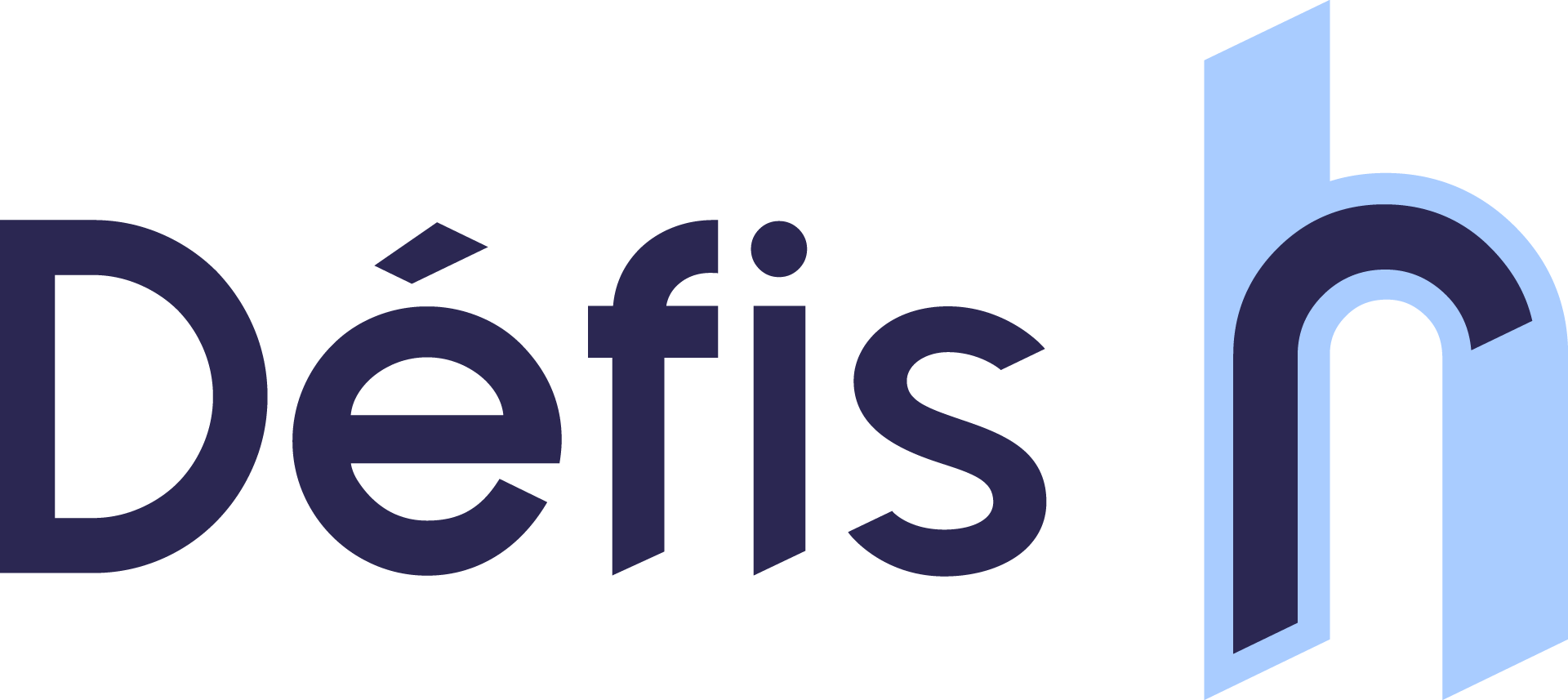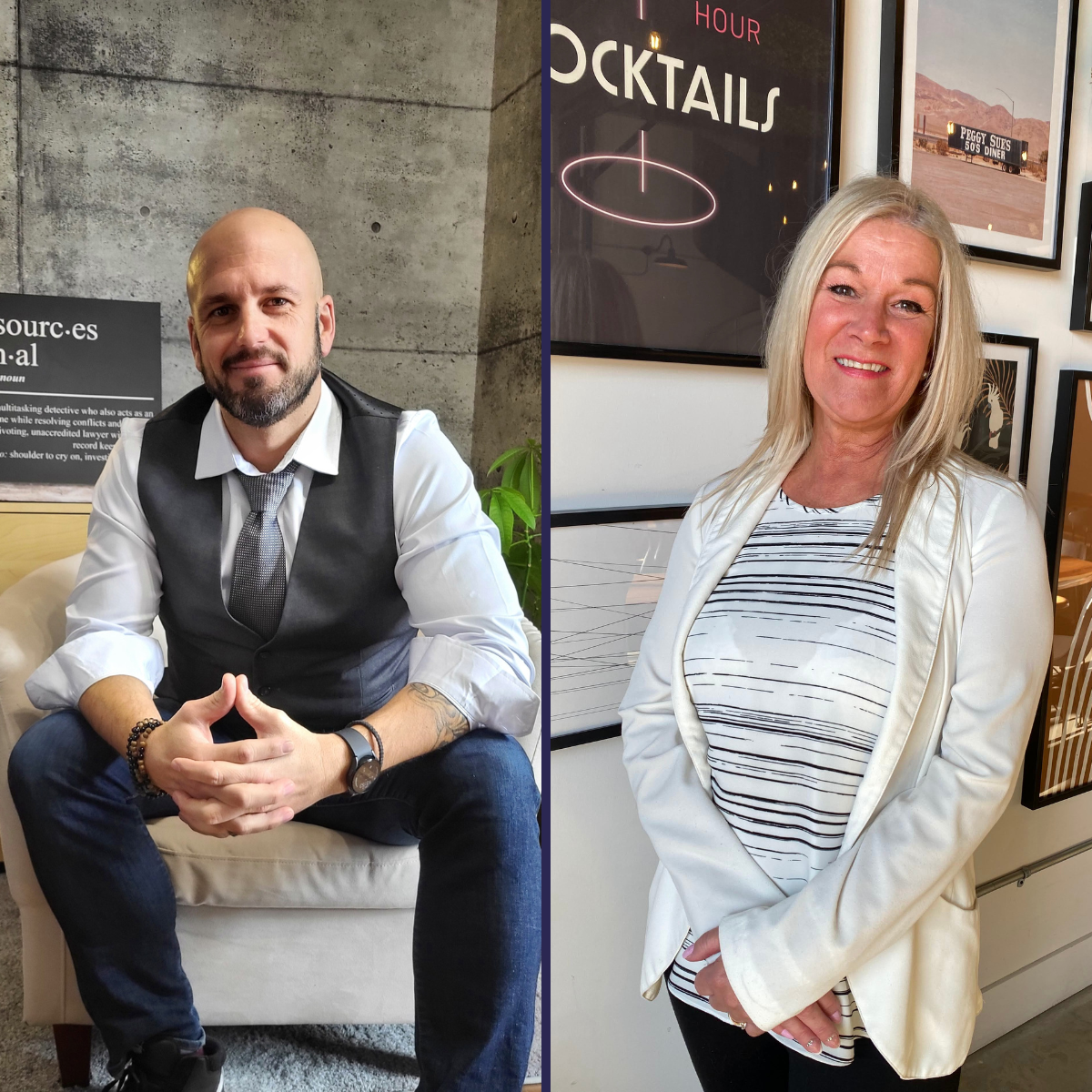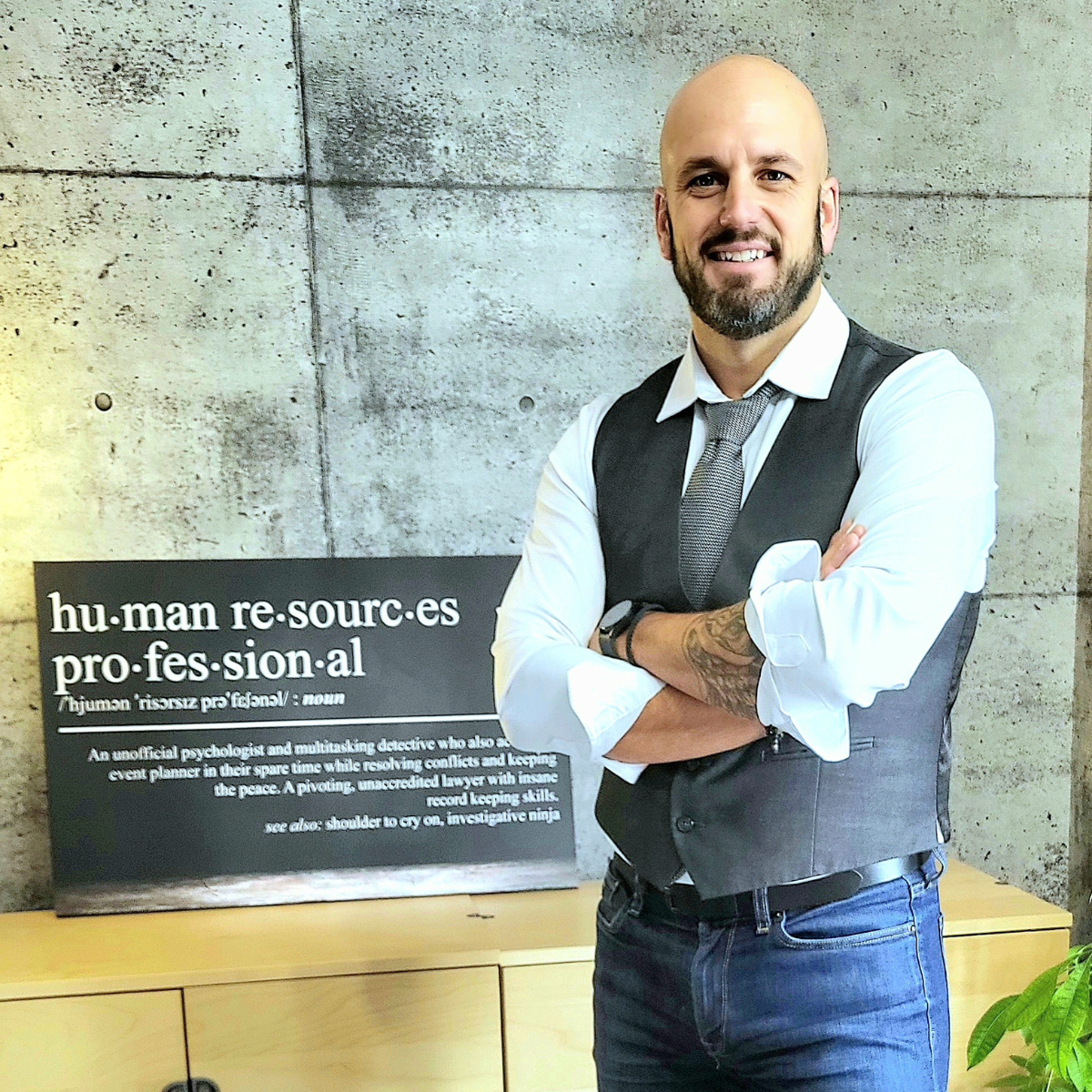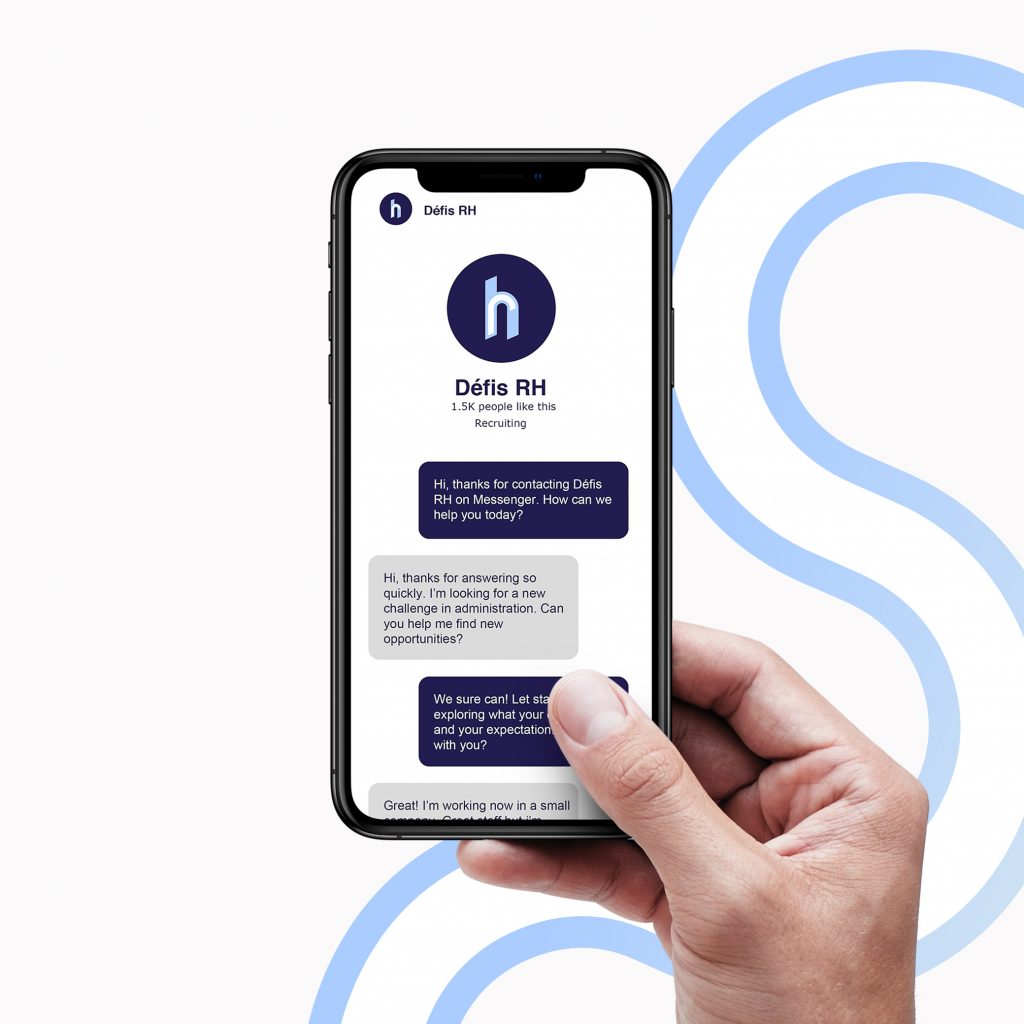Finding work as a new graduate is a daunting and exciting journey. The cultural shift from college to the professional world is significant, moving from the supportive structures of academia to the competitive landscape of working environments. Applying for jobs has always been challenging for new graduates, but young people these days feel disheartened by the increasingly competitive and impersonal hiring process.
With a global labor shortage and stronger employee mobility post-Covid, many industries are scrambling for workers. The labor shortage should mean graduates have an easier time finding work, so why is it the opposite? Given the current changes and the new candidate market, employers must review their selection criteria for graduates lacking work experience. Today, it is not uncommon for a company to ask an employee to postpone their retirement date because they cannot find a candidate to replace the person. Companies must adjust their search process for new employees to adapt to the current circumstances. For example, businesses must review their traditional practice of only considering candidates with a certain number of years of work experience or training. Instead, the company can offer more training and support to graduates lacking the desired qualifications to fill vacant positions. Many capable young candidates choose not to submit their resumes to potential employers because their resumes do not illustrate the required years of work experience or training. Consequently, employers have been receiving significantly fewer resumes per job posting.
Employers need to review their requirements for filling entry-level positions to give new graduates seeking employment an opportunity to demonstrate they can be valuable team members. Today, years of professional experience, specific skills, and in-depth knowledge of the job sector are still required. Graduates feel helpless when they cannot meet the expectations that companies prioritize on job postings. Consequently, applying for a job becomes a frustrating and endless cycle because one needs professional experience to obtain a job, but one needs a job to acquire the required experience. We should all be delighted to see the newly educated and eager candidates ready to work and make room for them within our respective companies.
Business.com recently conducted a study where their graduate interns applied for 300+ jobs to gauge workplace opportunities. The results were discouraging. The interns were all accomplished graduates with work experience and met over 80% of the job qualifications. 90% of the entry-level applications received no response from employers. Only 5% of the applications received a response, 2% led to interviews, and none of the discussions led to job offers. The interns described frequent ghosting from employers, revoked offers without explanation, and misleading job descriptions. The data illustrates that many businesses are struggling to change how they assess potential candidates. Given the current situation, employers must be more open-minded and flexible in their hiring criteria to cope with recent job market changes.
A significant factor in graduates’ employment difficulties is recruiters’ use of AI and automation. Employers are using algorithms to vet resumes to keep up with the growing number of applications. A February 2022 survey from the Society of Human Resources Management revealed that 79% of employers use AI and automation for recruitment. While saving time on expanding workloads with technology is practical, too much emphasis on efficiency has disregarded a vital human element. Another study by Tidio found that in AI recruitment, there is a 35% danger of overlooking atypical experiences and up to an 18% risk of algorithmic bias. “Algorithms sometimes penalize candidates with work gaps, undervalue practical experience, overemphasize keywords, or even bring unintended discrimination into the screening process,” explains Ryan McGonagill, who conducted the Business.com study. For example, Amazon’s AI recreated unintentional bias by prioritizing men applicants over women for positions historically held by the former.
Artificial intelligence may be convenient, but it lacks the human consideration and genuine connection required for the holistic evaluation of potential employees. Just because a recent graduate does not have a conventional resume with experience does not mean they cannot offer value to a business. Hiring new graduates has many benefits that employees should factor into hiring methodologies. Graduates have the knowledge and up-to-date skills from new college research and pioneering technological practices. Graduates are also adaptable, with an interest in learning new skills. Eager to jump-start their career and prove themselves, entry-level candidates are resilient and have strong enthusiasm for growth within the company. Hiring recent graduates is a significant investment in your business with long-term benefits.
At Défis RH, we believe the value of a candidate is about more than the experience on their resume. Instead of overlooking applicants without a specific background, we examine people on their comprehensive merit, from extracurriculars to interpersonal skills. We take time to connect with our clients and candidates over Microsoft Teams and for in-person meetings to get to know the person authentically. A face-to-face connection is vital to learning a person’s genuine character and career and life aspirations. In doing so, we help companies realize a person’s full potential and avoid omitting top-notch candidates because they don’t fit the traditional mold. The advantage of dedicated recruitment expertise is finding quality partnerships that are mutually beneficial and meant to last. Resumes are essential to hiring but are just the tip of the iceberg. A person can look great on paper, but finding someone who connects with your business’ ethos and truly cares about their work is not something easily quantified in a form. Motivation and inspiration in an employee are invaluable qualities that you discover through genuine interaction. We encourage you to rely less on resumes and think about recruiting with a focus on relationships. Recruiting is about human connection, so it will always require a human approach.
Jessie Fortin, Recruiting Specialist
Please contact us to learn how Défis RH can help you find the best graduate talent with people-led recruitment services.













